Issue Insights
Explore practical information and analyses of types of disasters, related issues, affected communities, recovery strategies and how donors can help.
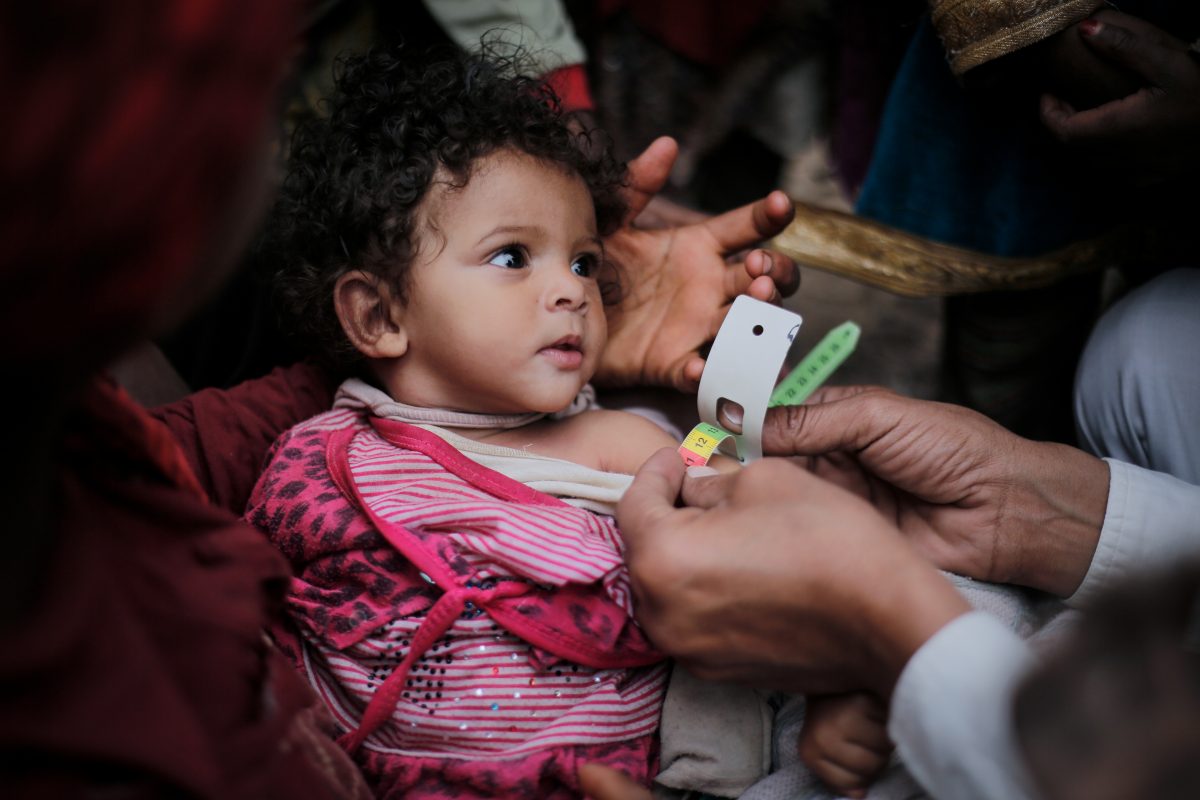
Hunger
Due to growing inequality, climate disasters and the spread of violent conflict, hunger is rising throughout the world. According to UNOCHA, “Hunger and malnutrition are spreading faster than our ability to respond, yet globally, a third of all food produced is lost or wasted.”
View by
Close
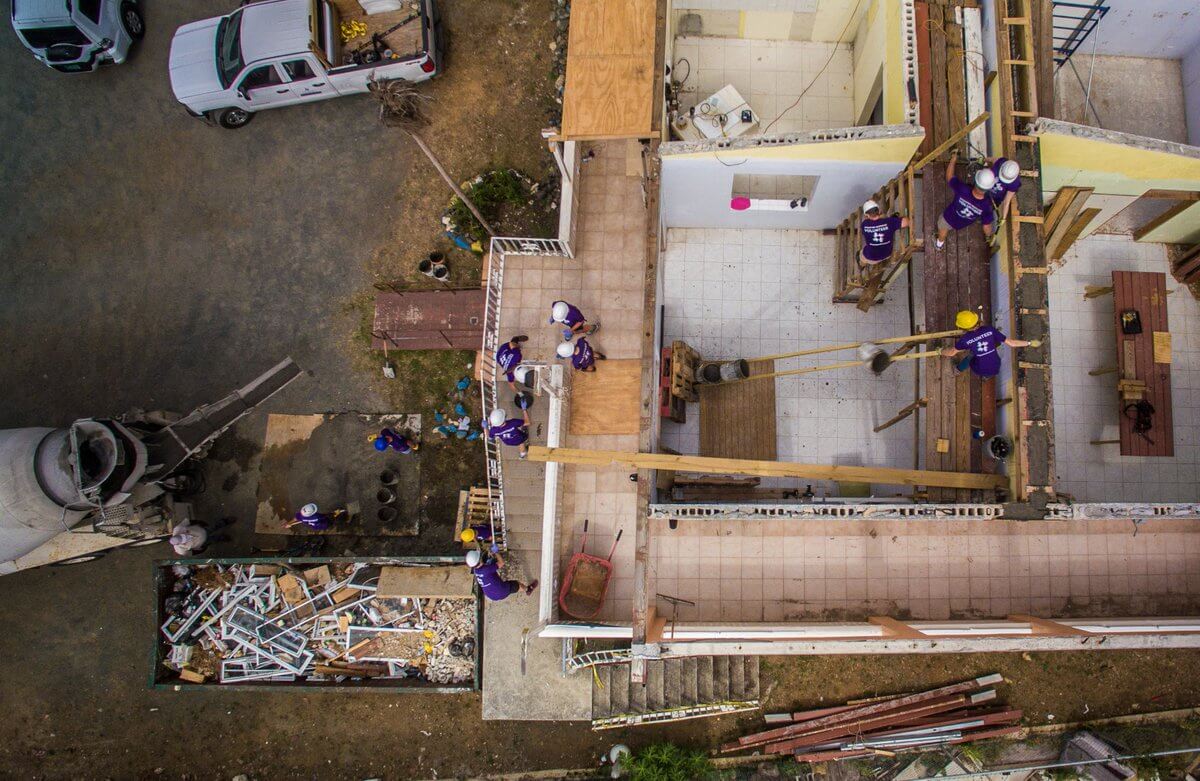
National Voluntary Organizations Active in Disasters

Nutrition
In the immediate wake of a natural disaster, feeding and sheltering are two of the major issues that are addressed immediately following evacuation or search and rescue operations. These are core elements of survival and are an important area for government and nongovernmental responders.

Older Adults
Disasters disproportionately affect older people. Yet, this population is often “invisible” in terms of data about risks and needs, guidelines, planning and overall understanding of their unique needs during a disaster.
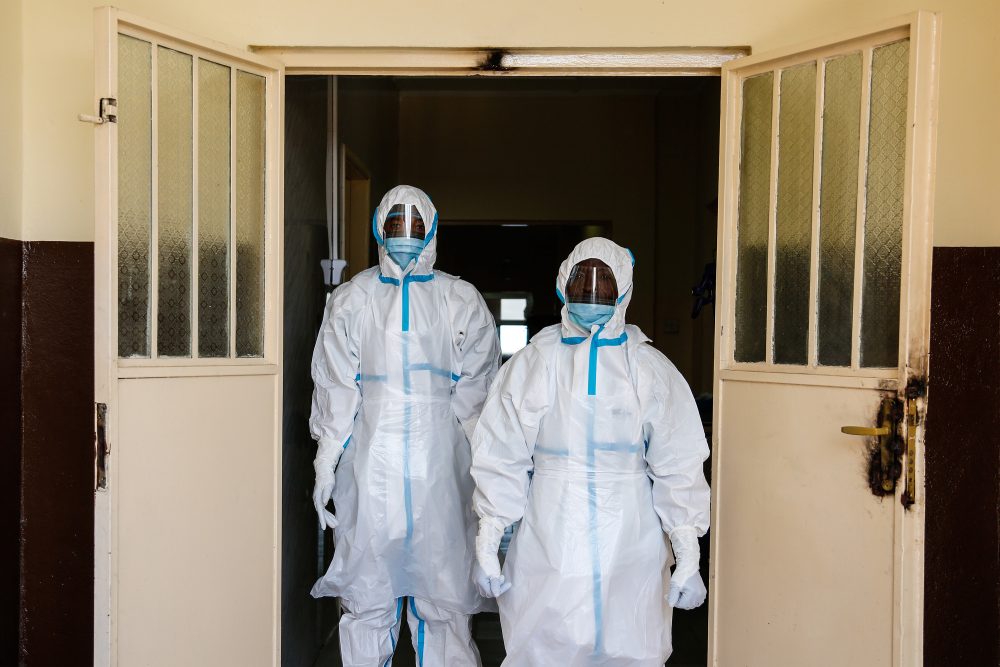
Pandemics and Infectious Diseases
A pandemic is the sustained transmission of an infectious disease across a wide area of one country or across international borders. Pandemics may be either naturally occurring or the result of human intervention through genetic engineering or biological warfare.

People Experiencing Poverty
People experiencing poverty are more vulnerable to disasters because of the significant impacts of poverty on their daily lives.

People with Disabilities
When a disaster hits, the lack of inclusion in disaster preparedness – combined with adverse socioeconomic outcomes – creates increased risk and problems for people with disabilities.
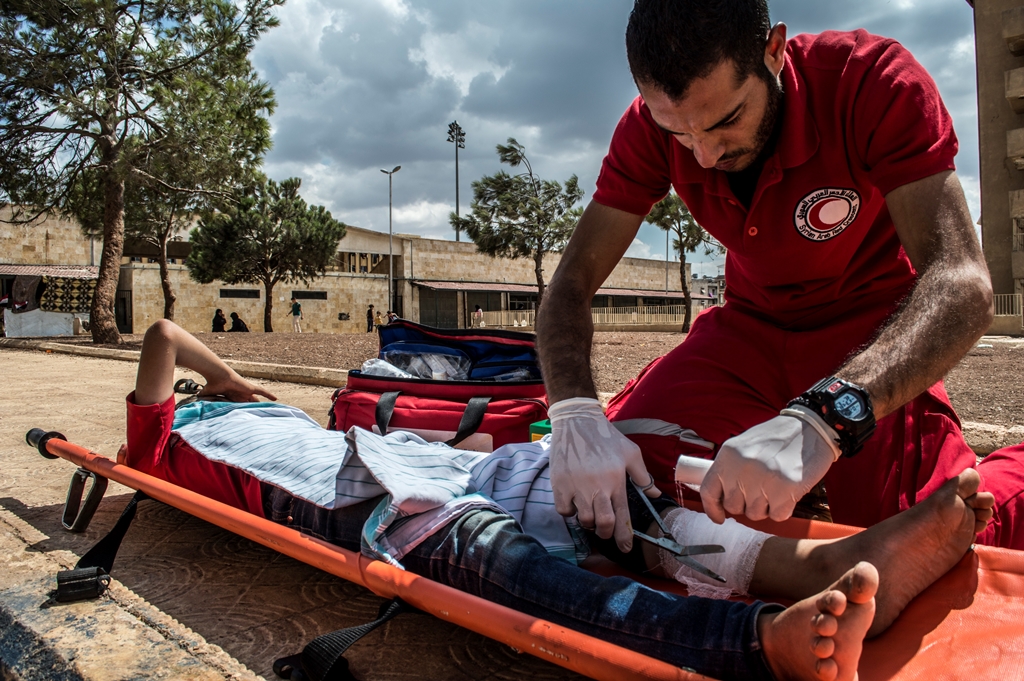
Public Health
Disasters change the landscape in numerous ways and only a portion of the changes are immediately evident. This is especially true when it comes to public health, which encompasses efforts to protect and improve the health of communities as a whole.
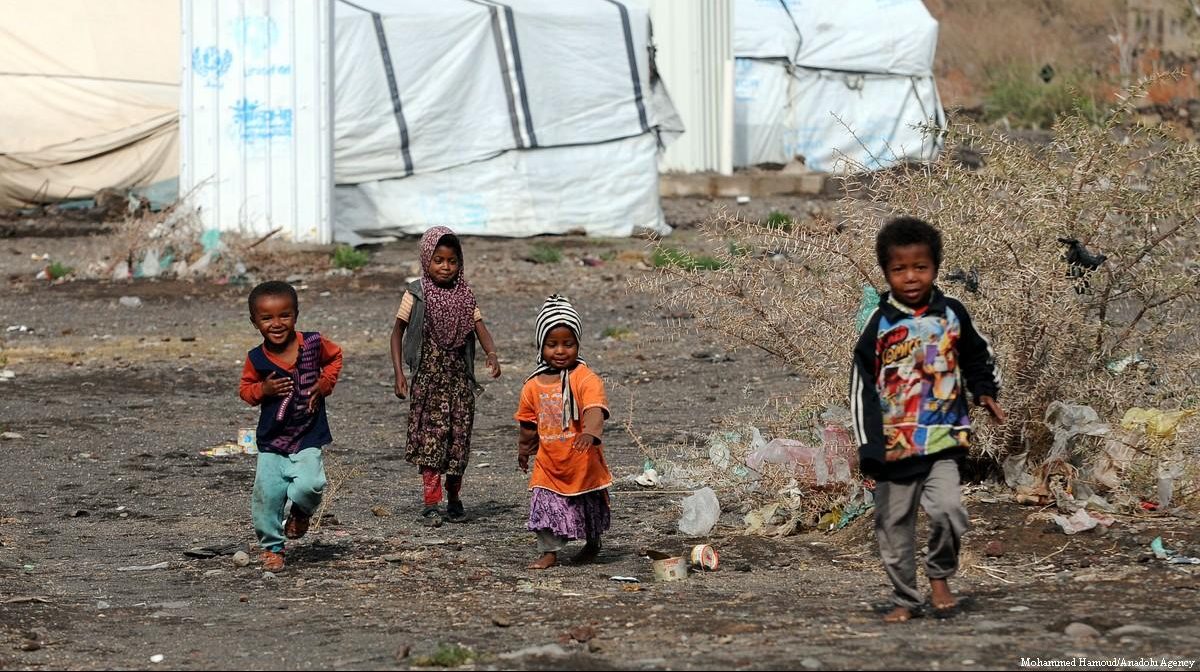
Refugees
Refugees are people who have been forced to flee their home countries because of persecution, war or violence. A refugee has a well-founded fear of persecution for reasons of race, religion, nationality, political opinion or membership in a particular social group. Many refugees are in exile to escape the effects of natural or human-made disasters.
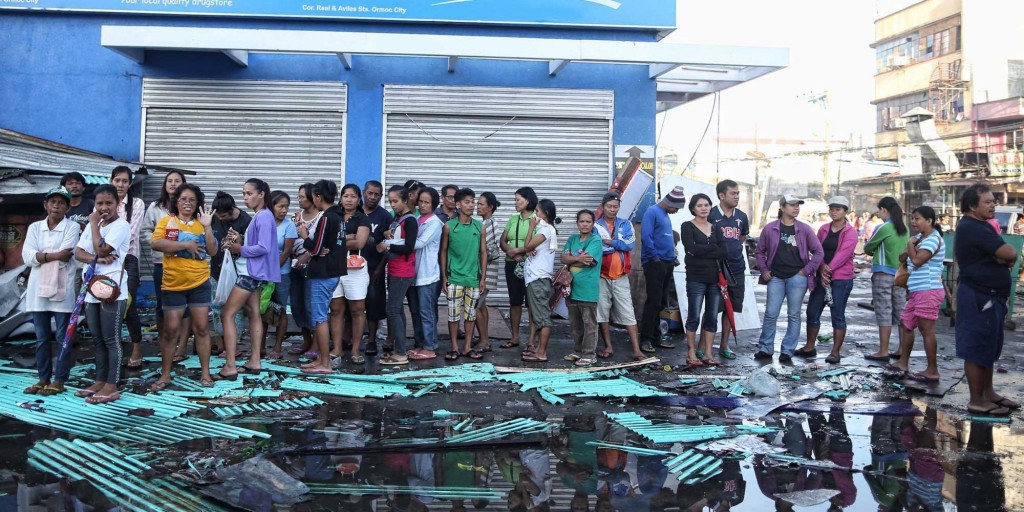
Remittances
Remittances are the transfer of money by a person in one country to a person in another country, often used by migrant workers to send money to family who remain in their home country.
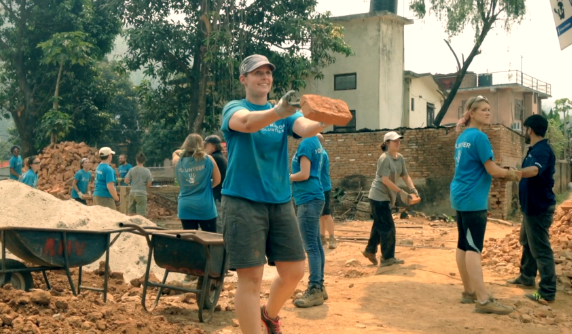
Resilience
The Latin root of “resilience” means to bounce back, but every field has its own definition and most individuals within each discipline will define it differently. Learn more.